The field of telehealth has been around for several decades and has developed concurrently with other forms of computerized communication, such as faxing and email. However, as a result of the internet transformation that occurred in the early 2000s, the requirement for specialized applications that enhance hospital communications became of the utmost importance. With just a webcam and microphone, it is now possible to have a consultation with a medical professional without leaving the convenience of your own house or place of business.
RingCentral is currently one of the industry’s most successful companies offering hosted VoIP alternatives. They deliver everything from basic call management services to audio/video solutions for virtual meetings using cloud platforms. This is done to make it simpler and easier for professionals to communicate quickly and more efficiently even when they are not face-to-face with one another.
Some of how RingCentral can be used for telehealth include:
- Virtual Consultations: RingCentral’s video conferencing software can be used to hold virtual consultations between patients and their healthcare practitioners. The system enables audio and video communication in real-time, as well as screen sharing and other collaborative tools that can be utilized to facilitate the exchange of essential information such as medical records or other relevant data.
- Appointment Reminders: RingCentral can be used to deliver automated appointment reminders to patients via email, text message, or voice call. Patients can opt to receive these reminders in any of these three formats. This helps to cut down on the number of appointments that patients skip and ensures that they are ready for their telehealth consultations.
- Secure Messaging: RingCentral offers features for secure messaging that enable healthcare professionals to communicate with patients in a manner that is both private and compliant with HIPAA regulations. When exchanging sensitive information like test results or medical histories, this can be a particularly helpful tool.
- Multi-device Support: RingCentral is compatible with a broad variety of computing devices, such as desktop computers, laptops, smartphones, and tablets. This feature is referred to as “multi-device support.” Because of this, patients and healthcare providers can connect from practically any location, which makes it simpler to deliver telehealth services to patients located in remote or rural areas.
- Customizable Platform: Platform That Can Be Adapted To Your Needs RingCentral’s platform can be tailored to the individual requirements of both healthcare practitioners and their patients. This includes features such as individualized branding, integrations with various other healthcare software, and individualized processes that help to make the telehealth process run more smoothly.
The RingCentral for Telehealth Solutions suite of services helps you deliver better care to your patients and increase revenue. With the help of RingCentral, you can improve patient satisfaction, reduce costs and improve clinical outcomes. RingCentral’s telehealth solutions are designed to help providers in many different industries, including hospitals, urgent care centers, home health providers, and long-term care facilities.
In summary, the unified communications and collaboration platform offered by RingCentral provides healthcare facilities with a direct route to telehealth solutions. These solutions include mobile clinical trial administration, private patient data transfer, and remote live surgery locations.
Need to know more about RingCentral telehealth solutions? Contact us today! Beyontel is a trusted vendor-agnostic IT consulting company specializing in VoIP and cloud-based unified communications.








